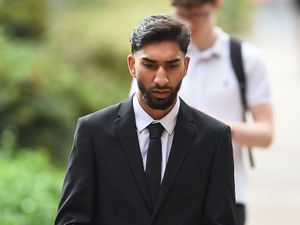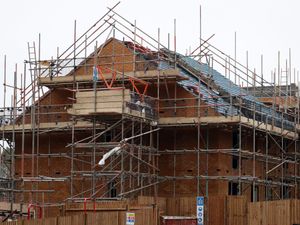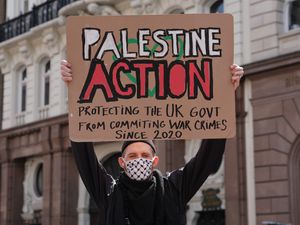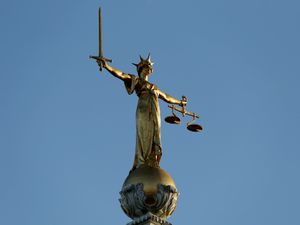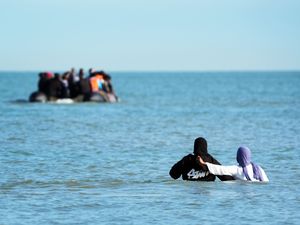BBC would consider a review of Middle East coverage – chairman
There have been previous complaints about coverage and social media breaches amid the Israel-Hamas war.
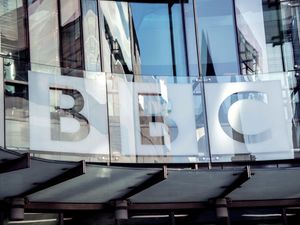
The BBC’s chairman Samir Shah said the board would “seriously consider” a review into the broadcaster’s Middle East coverage following concerns about the way its journalists have covered the Israel-Hamas war.
The Board of Deputies of British Jews has previously raised “long-standing misgivings” with BBC director-general Tim Davie over the way complaints about coverage and social media breaches have been dealt with following the increase in hostilities since October.
Mr Shah told the House of Lords’ Communications and Digital Committee on Tuesday that the “Israel-Gaza story is a very, very complicated story, and they have very strong emotions on both sides”.
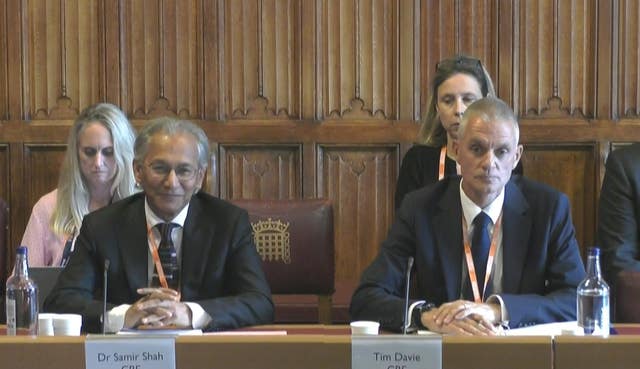
He added the subject for “the next thematic review” is being considered by the BBC, and the “Middle East conflict is one area we should consider very seriously to be subject to systematic analysis of our coverage”.
Mr Davie, who also appeared before peers, said that he wants to “reassure” people that “journalists are doing an outstanding job under the most ferocious pressure, the personal pressure, the lobbying, with reports from both sides”.
He also addressed a report by campaigners that came out on Monday claiming that the BBC had “extreme” anti-Israel bias and alleging that it is not managing complaints properly, saying: “Every complaint that comes in, and this is where I do dispute what’s written, is taken seriously.”
He added that “not everyone agrees with the outcome” of complaints about the BBC Arabic service, and “the overall public response is good, but that does not mean we’re perfect”.
Mr Davie also said the corporation had “£1 billion taken out of it” over the last decade, which had put stress on their broadcasting services.
In April, the licence fee increased to £169.50 after being frozen for two years.
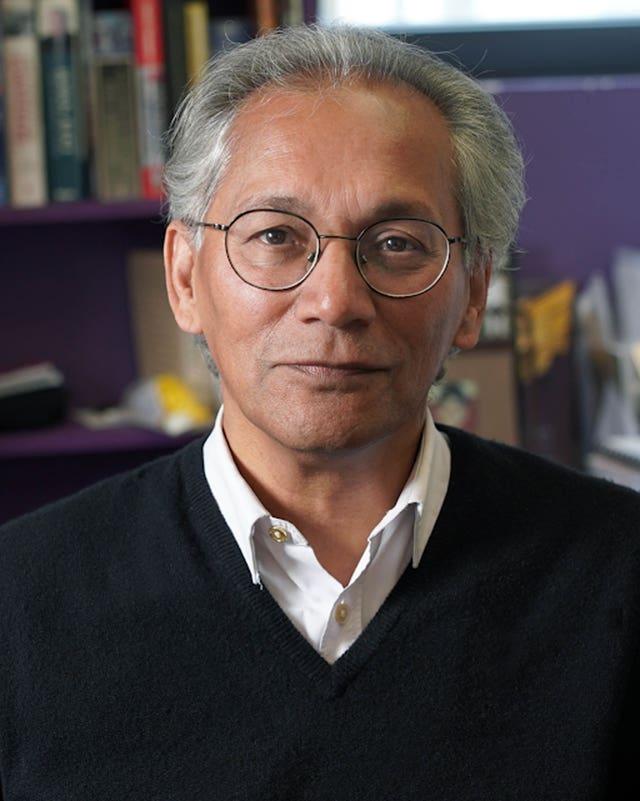
Mr Davie said: “The BBC will be flat in revenue terms, licence fee income this year. So we’re not in freefall, but we’ve got some erosion, you’re going to get that with this level of competition.”
He added that the BBC had been “disinvested in” by previous governments.
Mr Davie said: “The BBC has had a billion pounds taken out of it over the last decade, plus. We haven’t kept flat, we haven’t kept flat funding. We’ve taken out a billion pounds, and we still remain at about (£)3.7 billion (in funding).”
He also said that without clarity on what the Media Bill means by having public service broadcasters (PSBs) getting appropriate prominence on digital platforms, other British channels will be in “jeopardy” along with the BBC.
“We are doing extremely well in digital,” he added. “We’ve had a fantastic summer for iPlayer. But there’s a lot of risk.”
Mr Davie also said he does “not want to downgrade our investigative capabilities of BBC, it’s essential” when asked about Newsnight having more than half of the current affairs programme’s 60 jobs go, but stressed that it was about allocating resources in an efficient way.
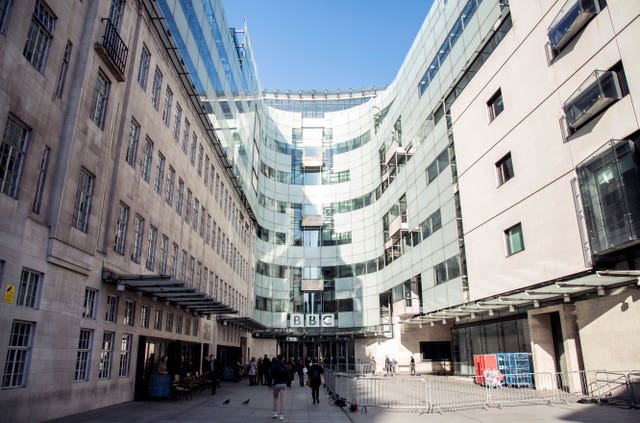
Both he and Mr Shah also urged for funding of the BBC World Service to be taken off the shoulders of the corporation.
Mr Shah said that it is “essentially unfair” that licence fee payers are providing a service abroad, as it had “to take the cuts” from the rest of the corporation.
He added: “It’s very important for the BBC, and it should be properly funded.”
Mr Davie said that he is “understandably and appropriately under pressure on very limited resources to make sure every household and every flat in the UK, every house, gets that value”.
He also said that the “scary thing is that China, Russia, Turkey” are pouring in “astronomical” investment on disinformation efforts.
Mr Davie said: “There are real issues at play, because we have a request into FCDO (the Foreign, Commonwealth & Development Office) for a bit more money to see the wolf from the door next year, because the Government puts in £104 million, and we put in £250 (million) of the licence fee. But all of it, if I’m being honest, is under-investing.”
The former government announced a review into the licence fee model, which will look at alternative funding for the corporation’s operations for when its current charter period ends in December 2027.
Mr Shah says the charter system “undermines and threatens our independence” as the BBC is then under constant review.
He added that if there was no fixed time period, then the corporation would be able to “dial down the relationship with the government of the day and the BBC”.

